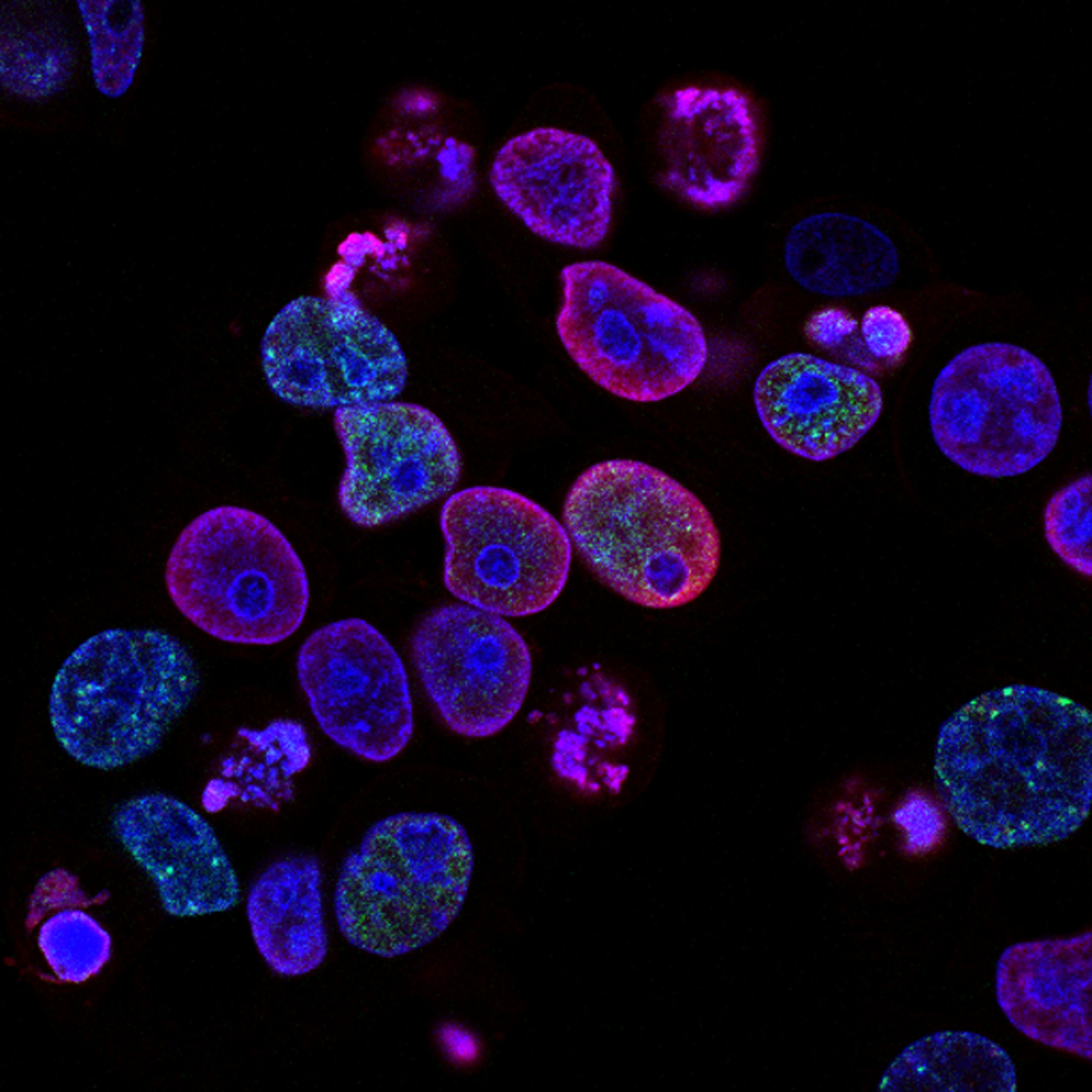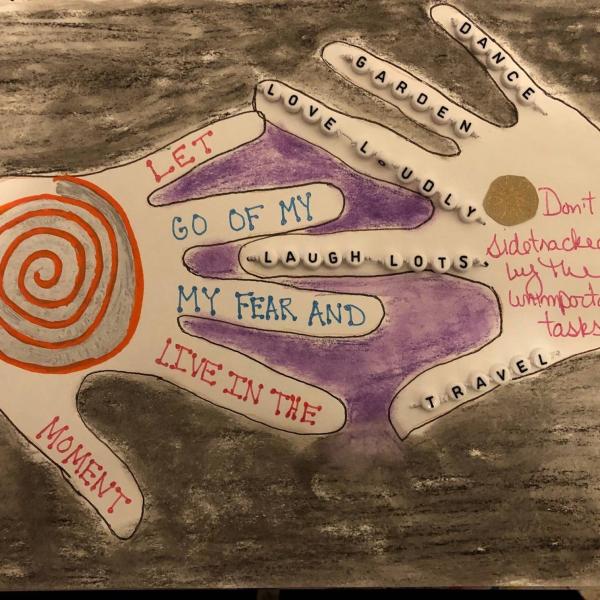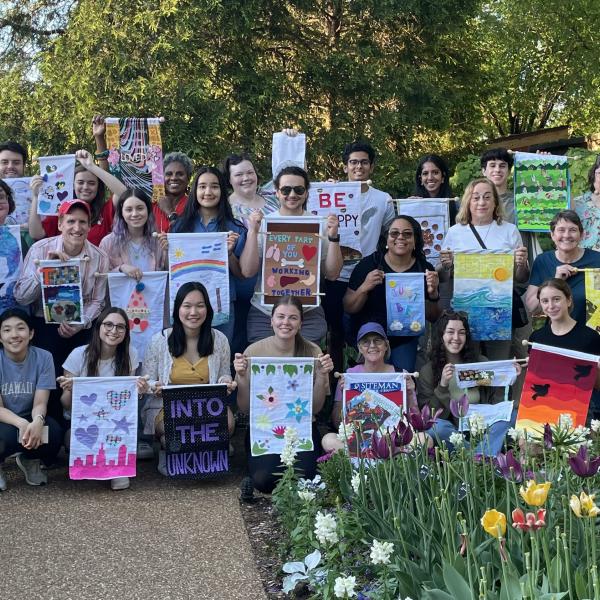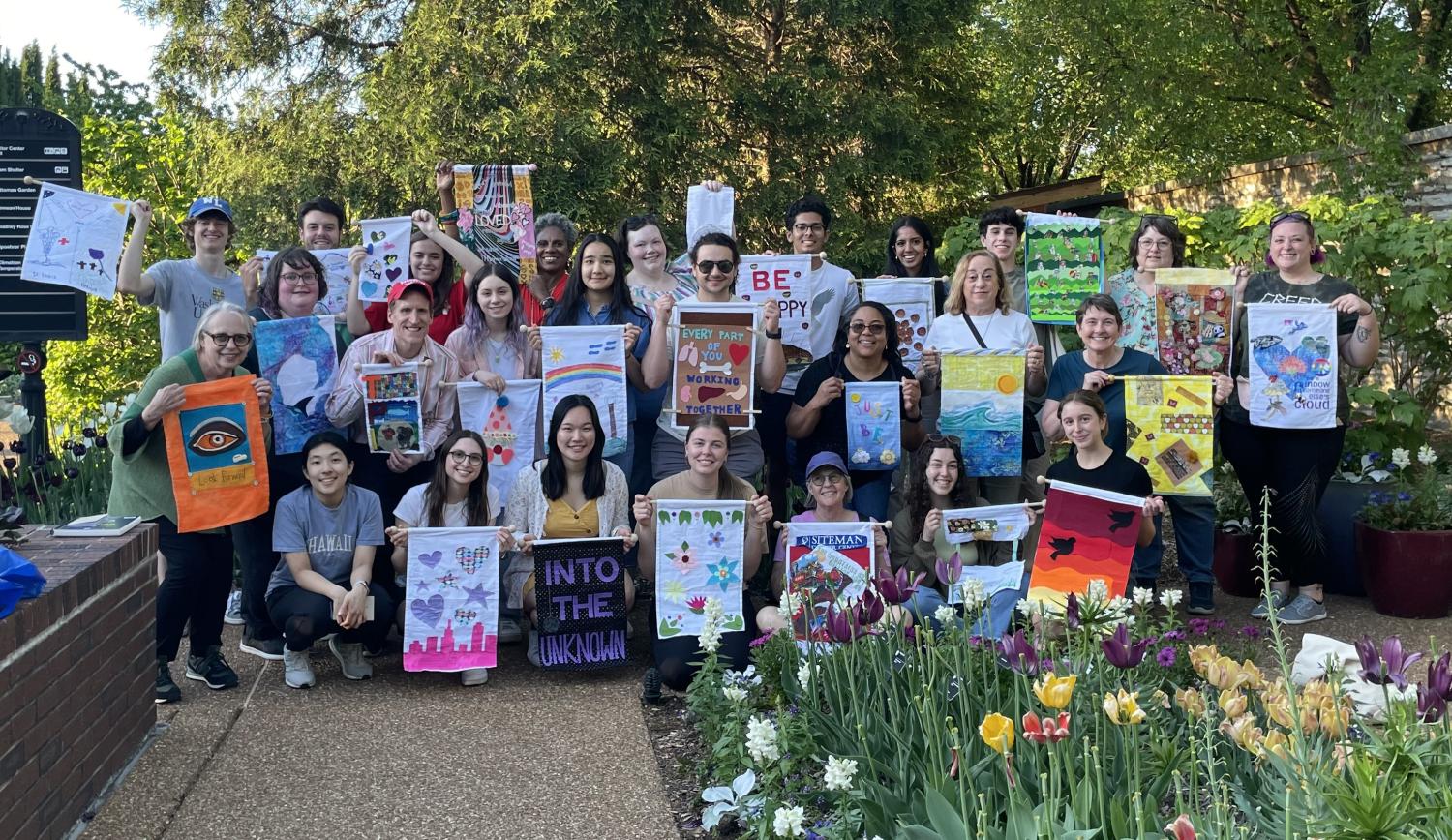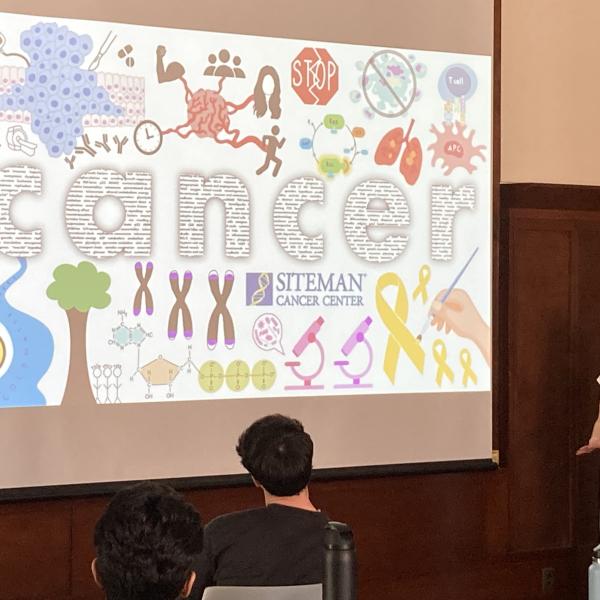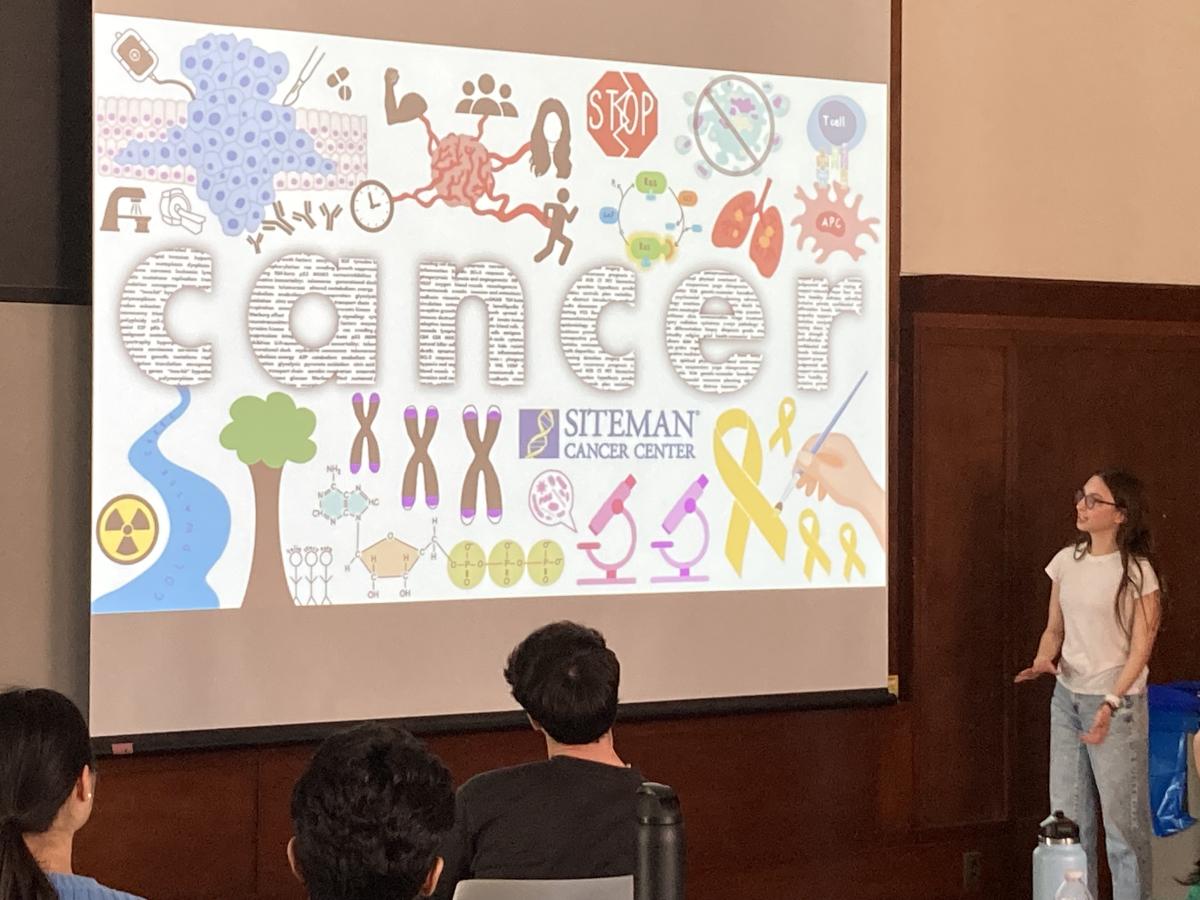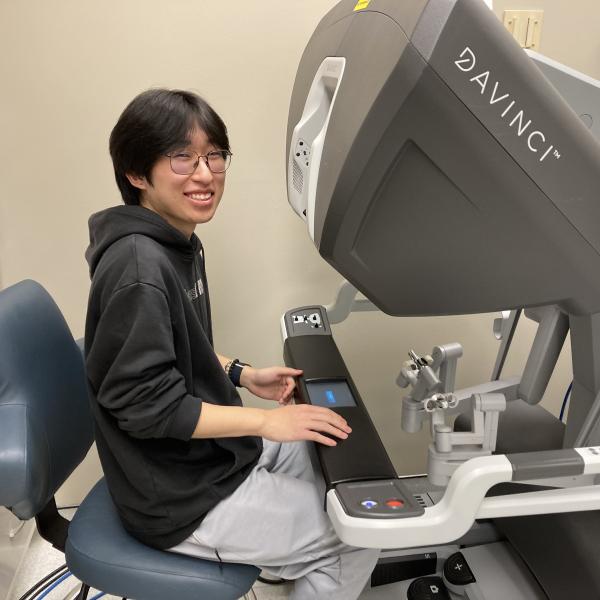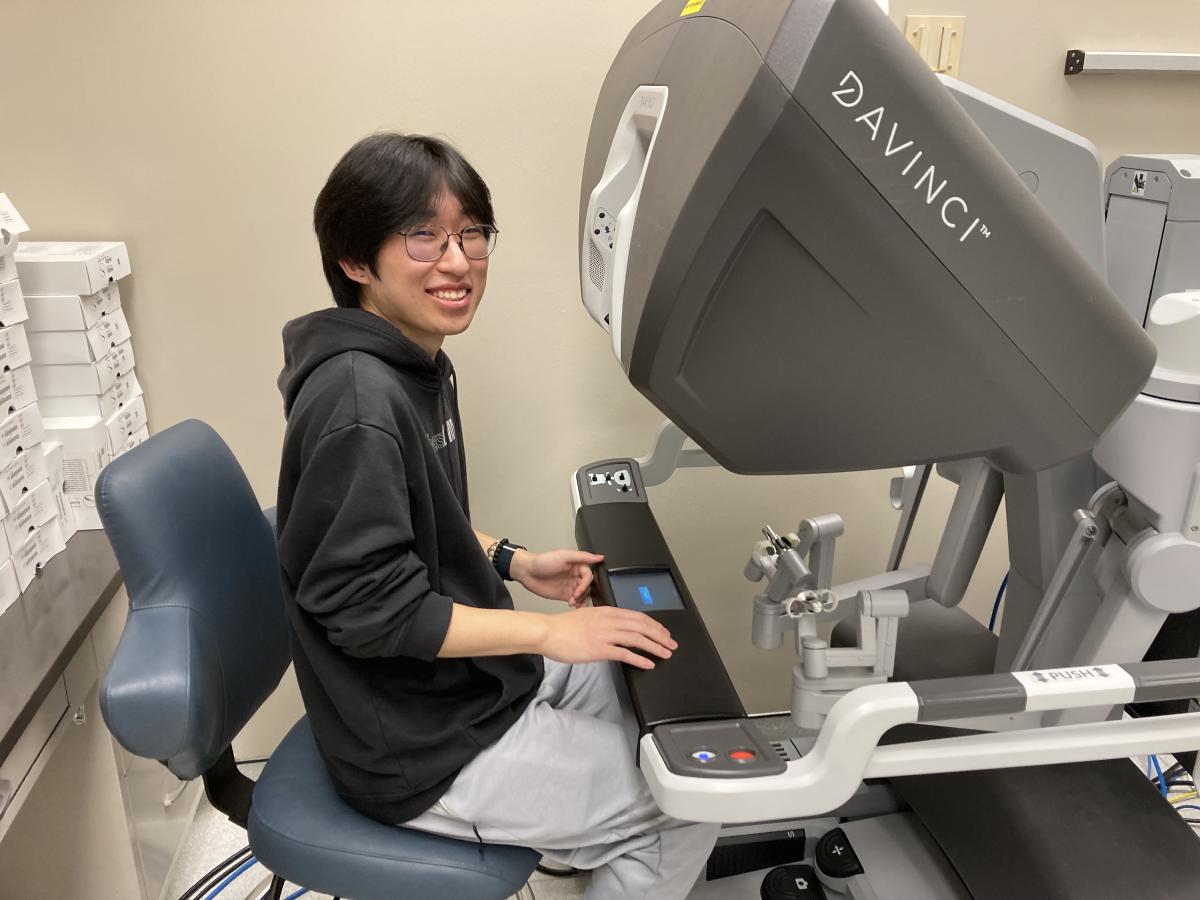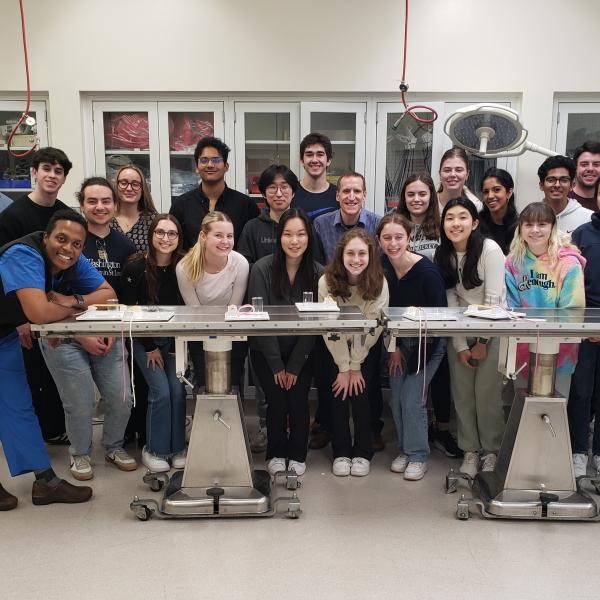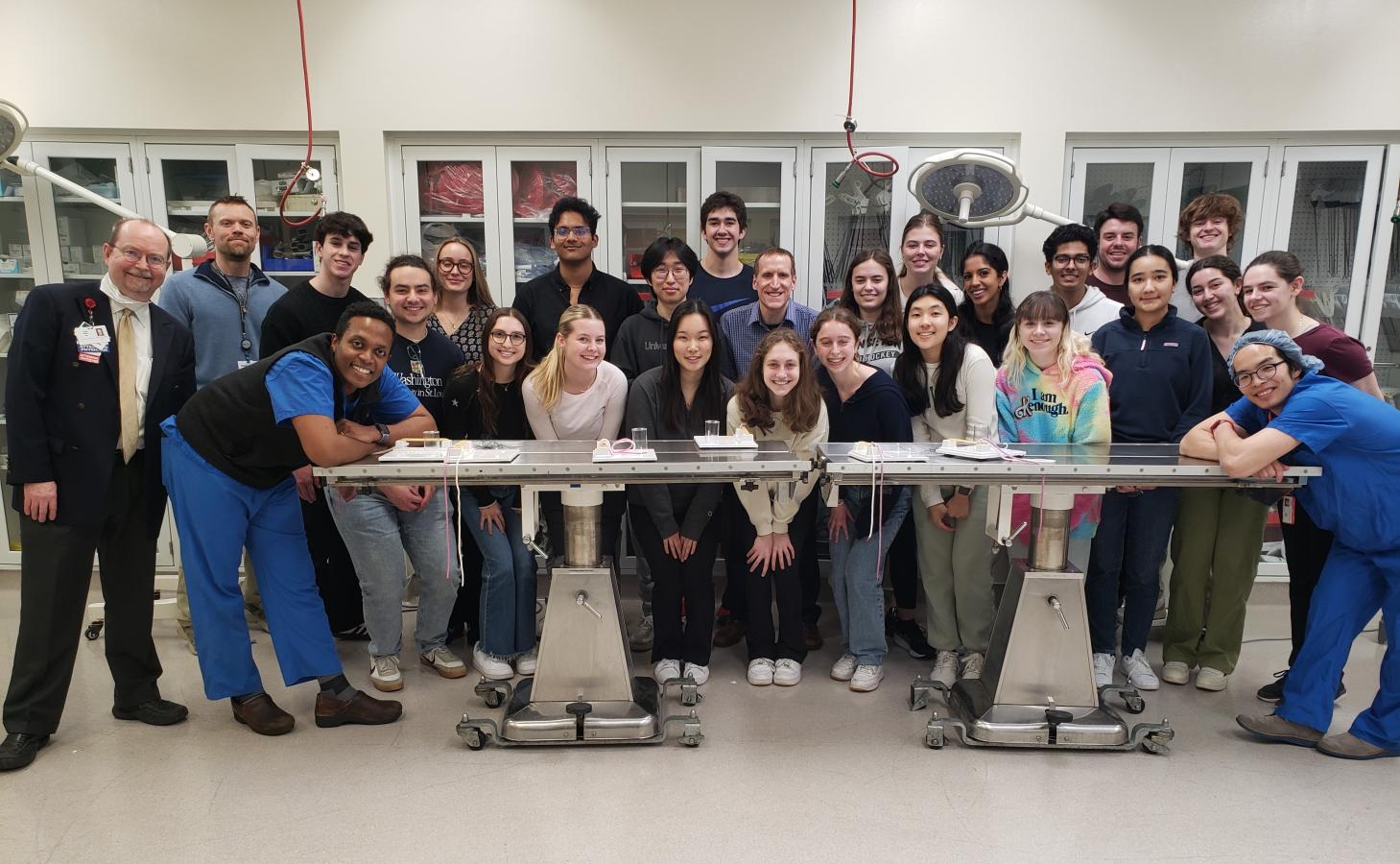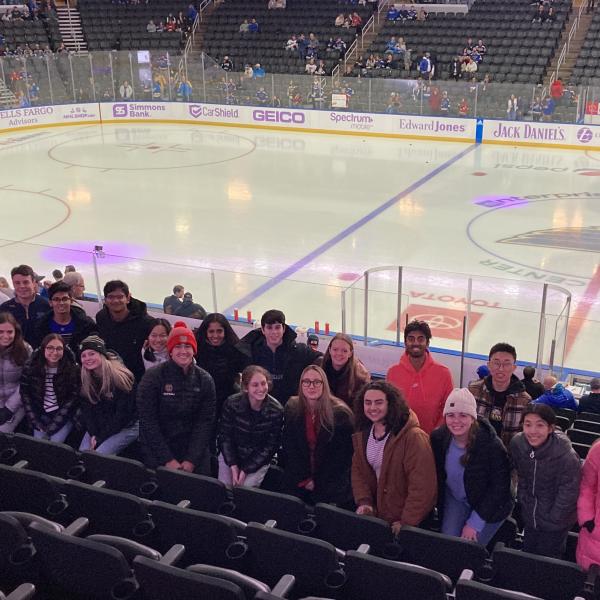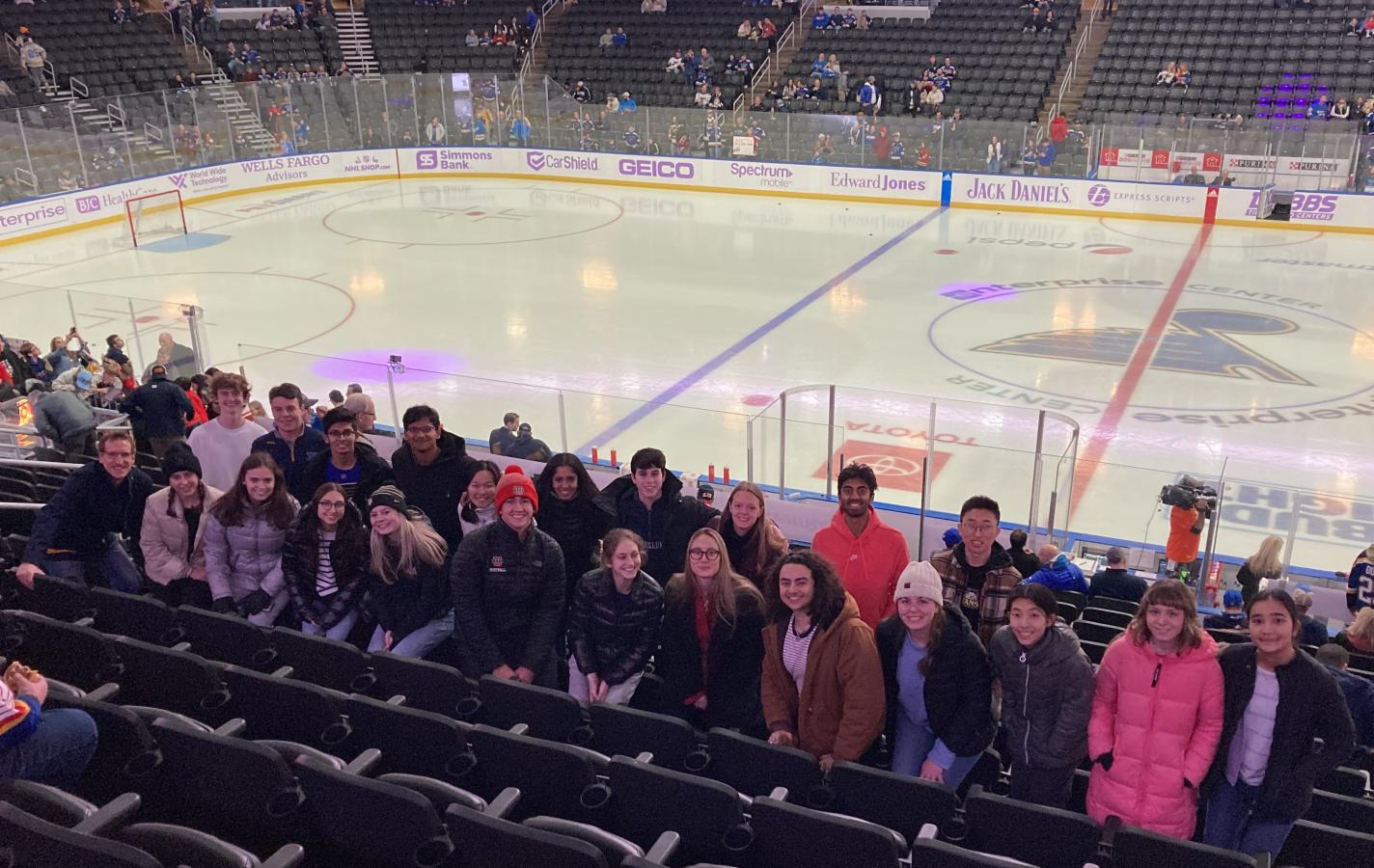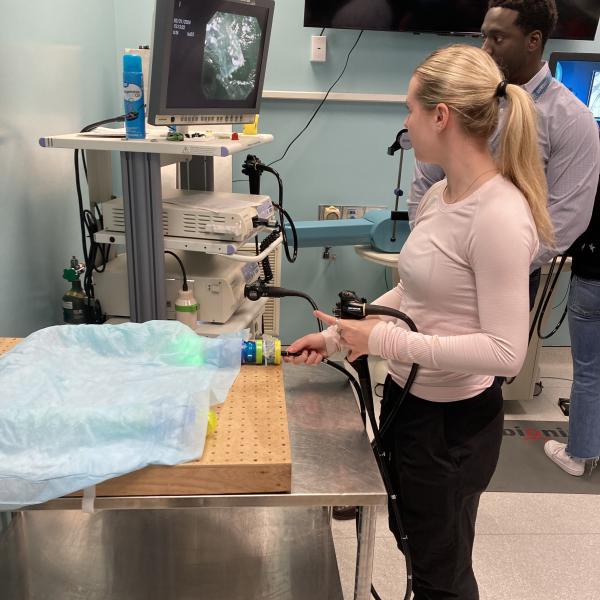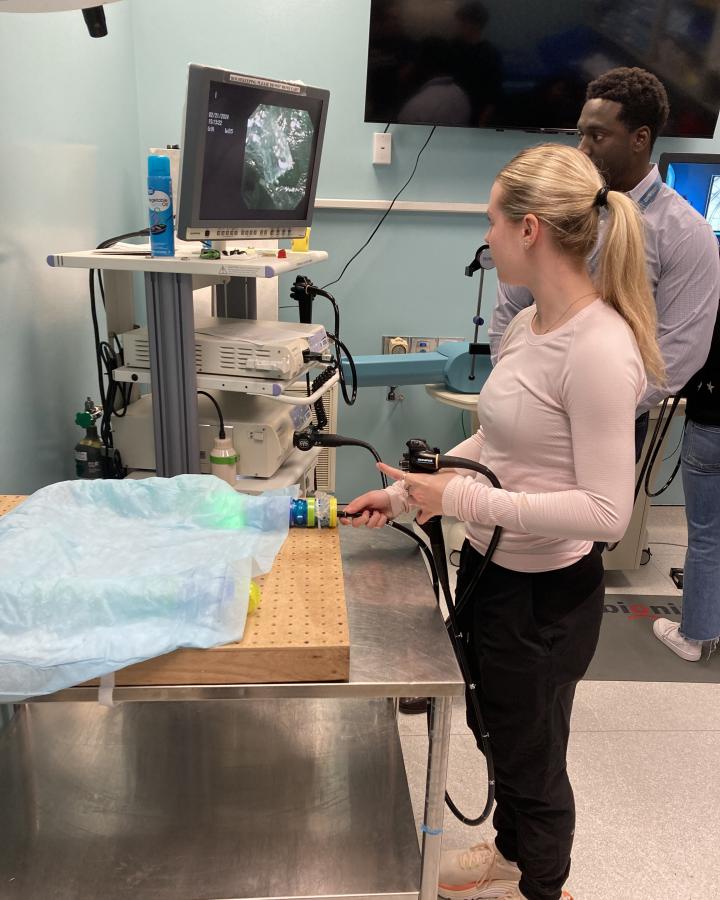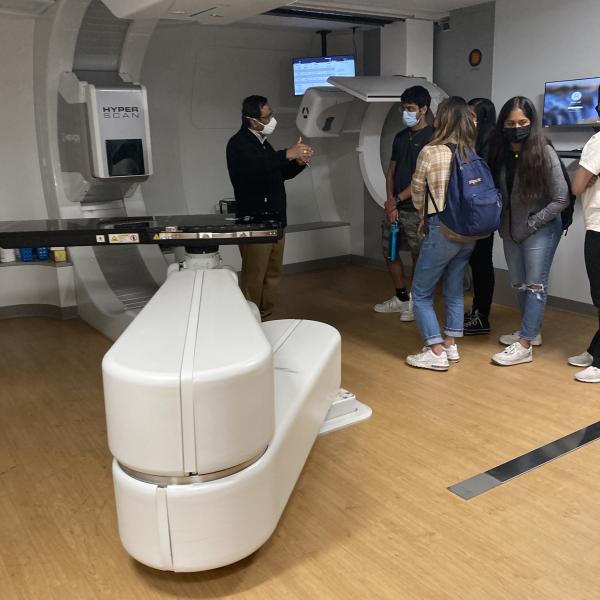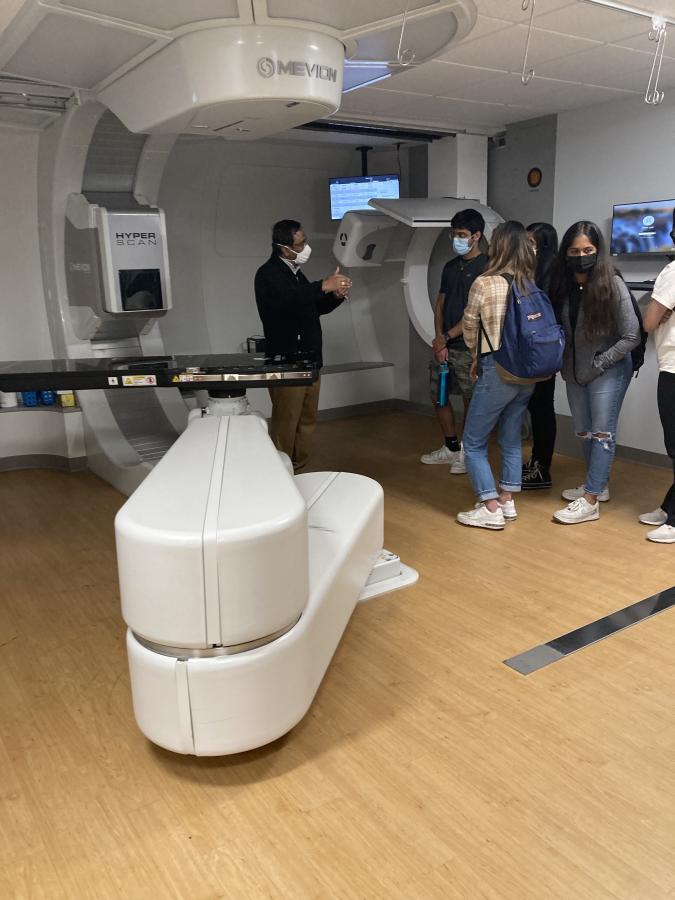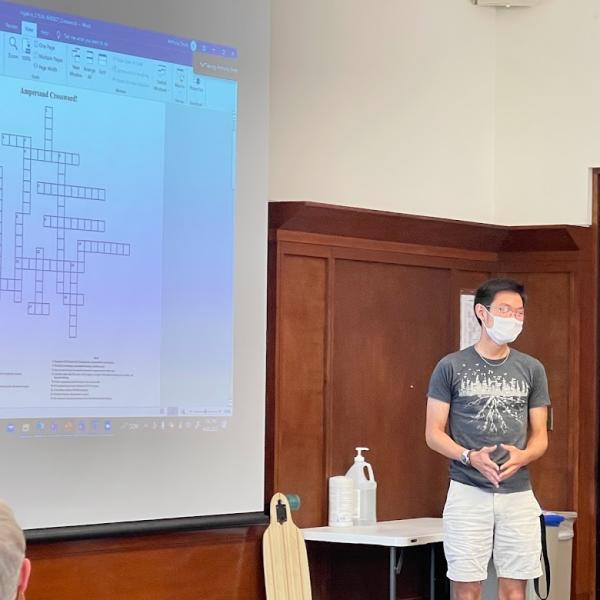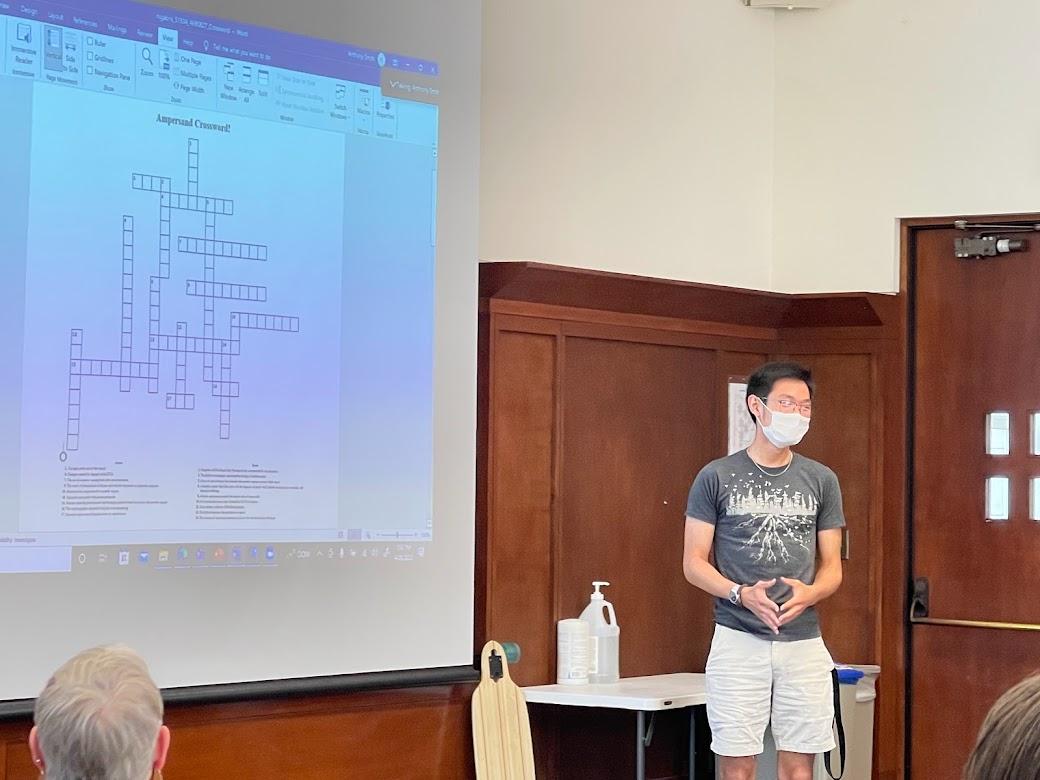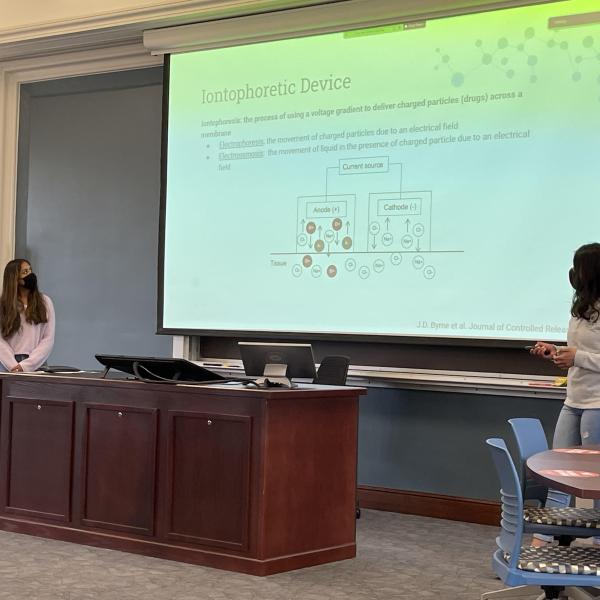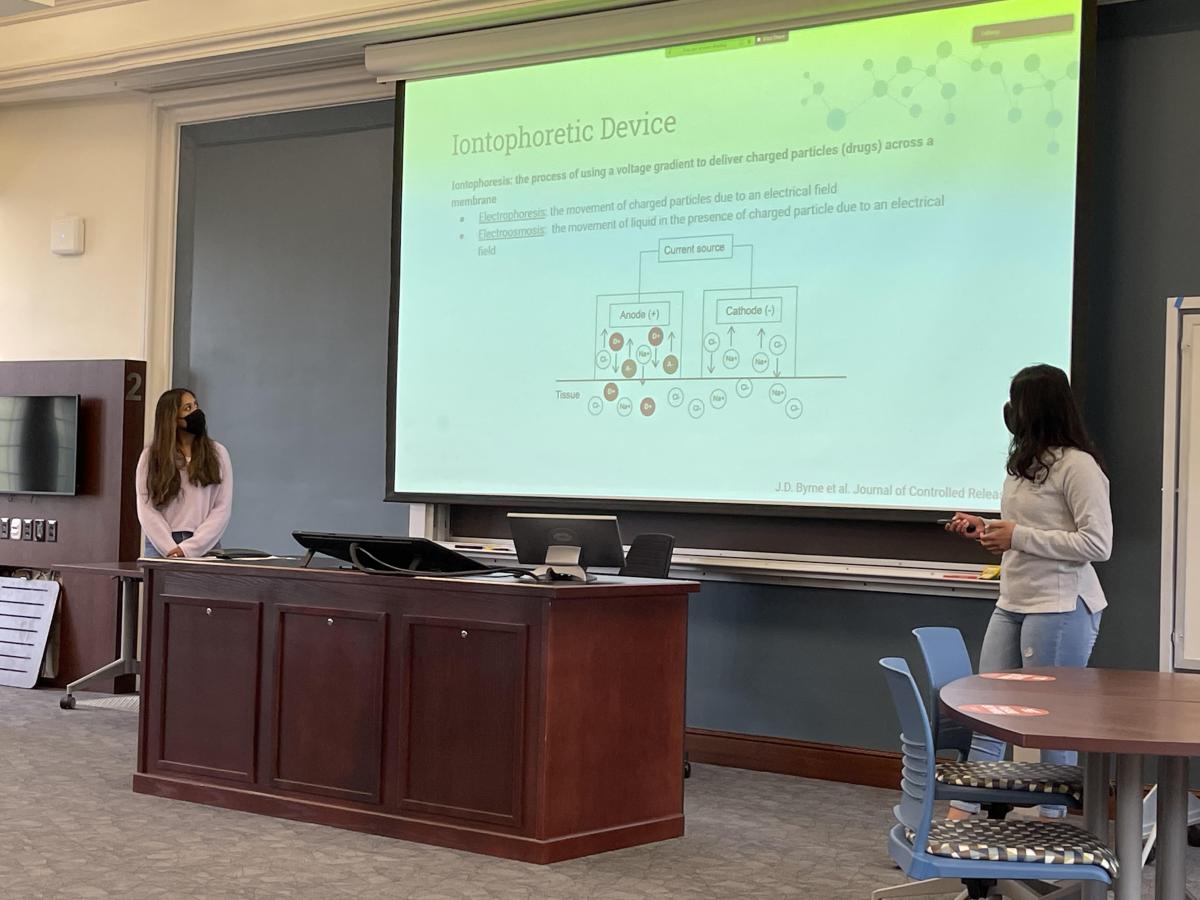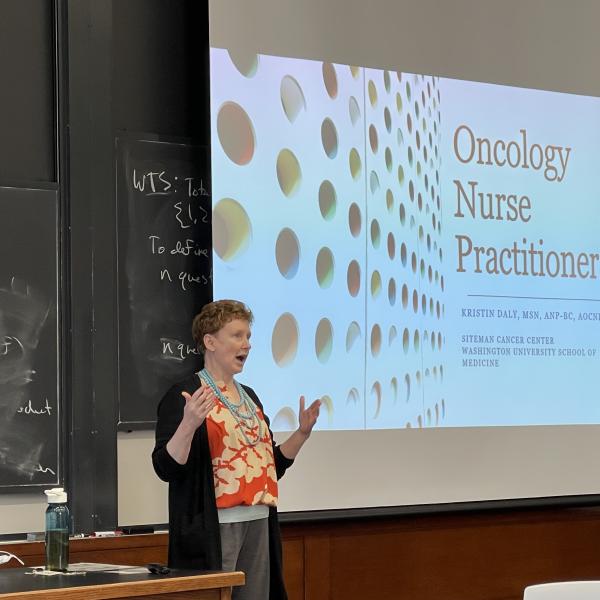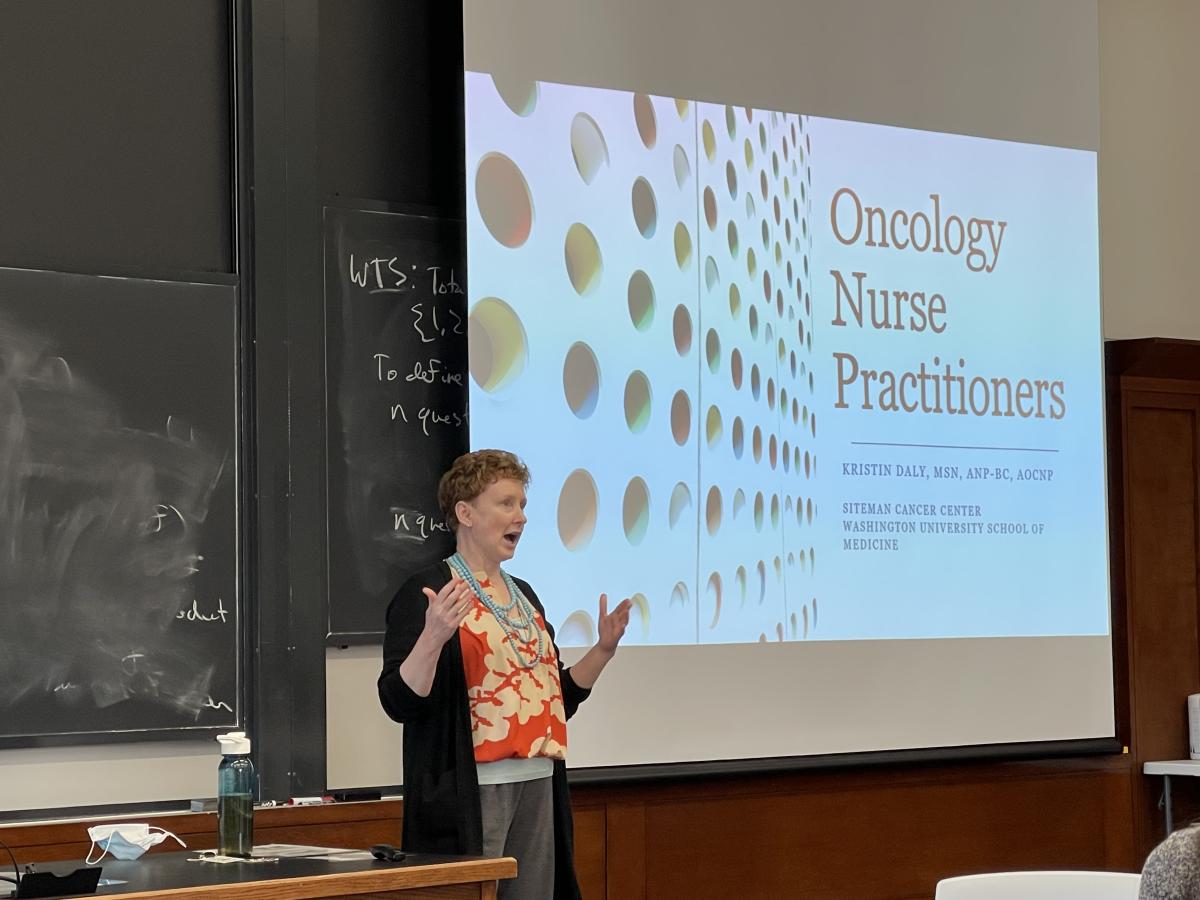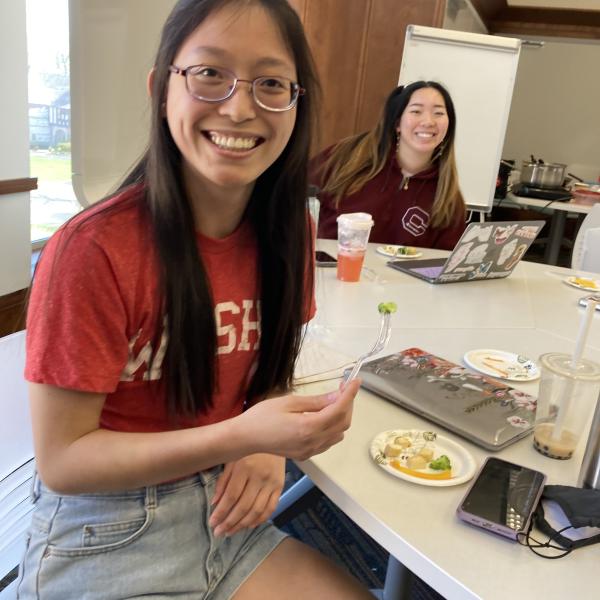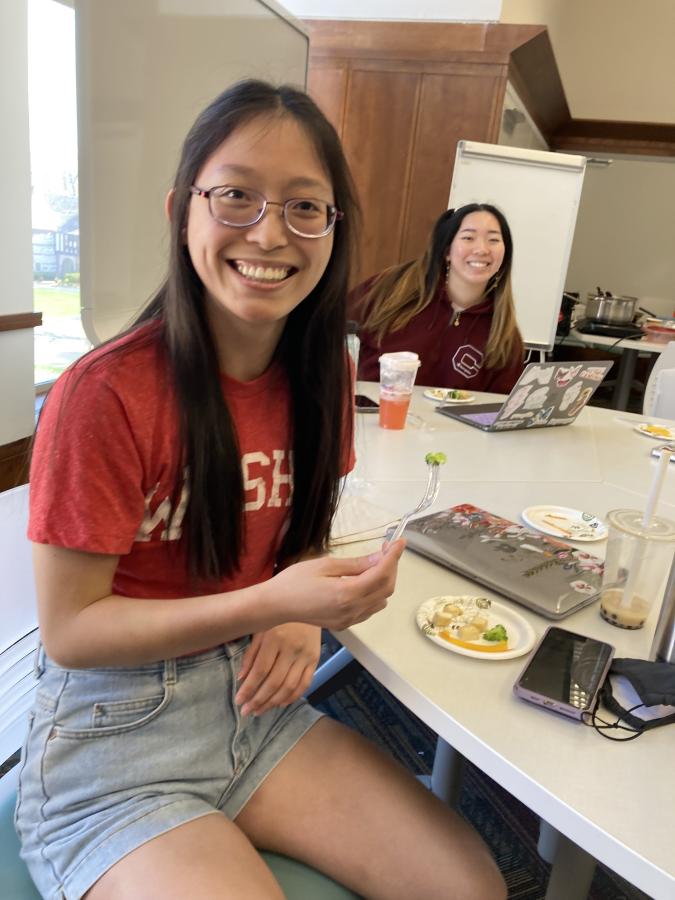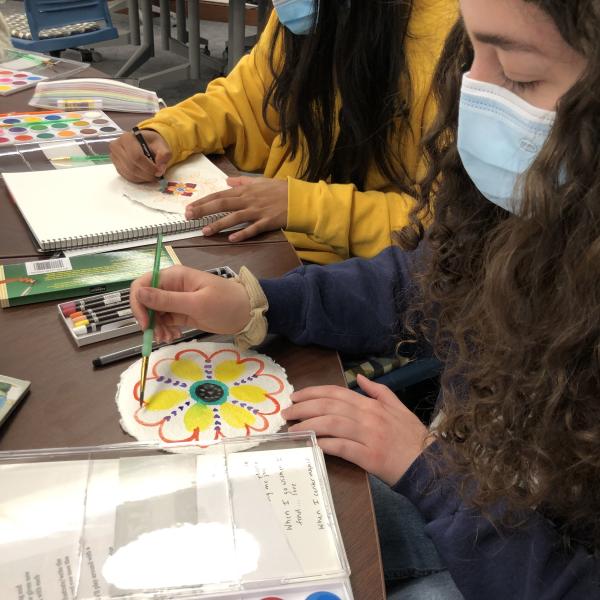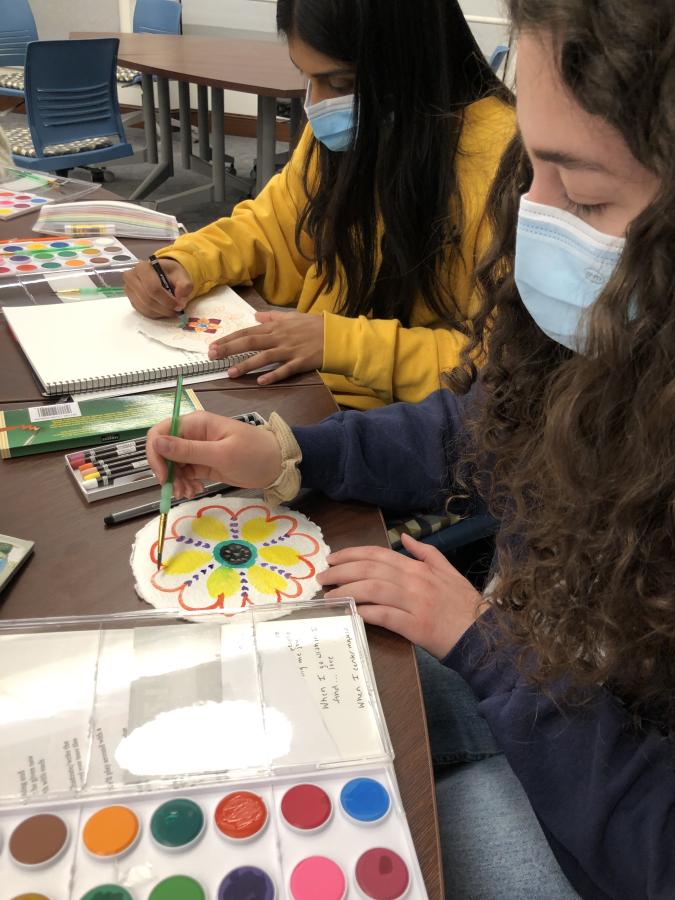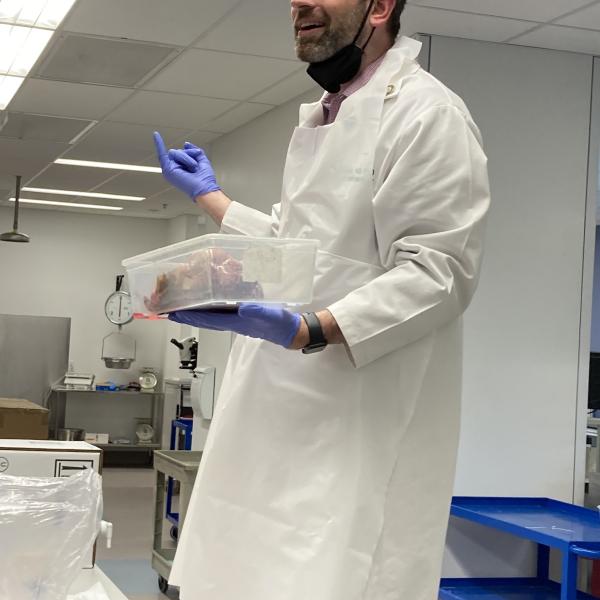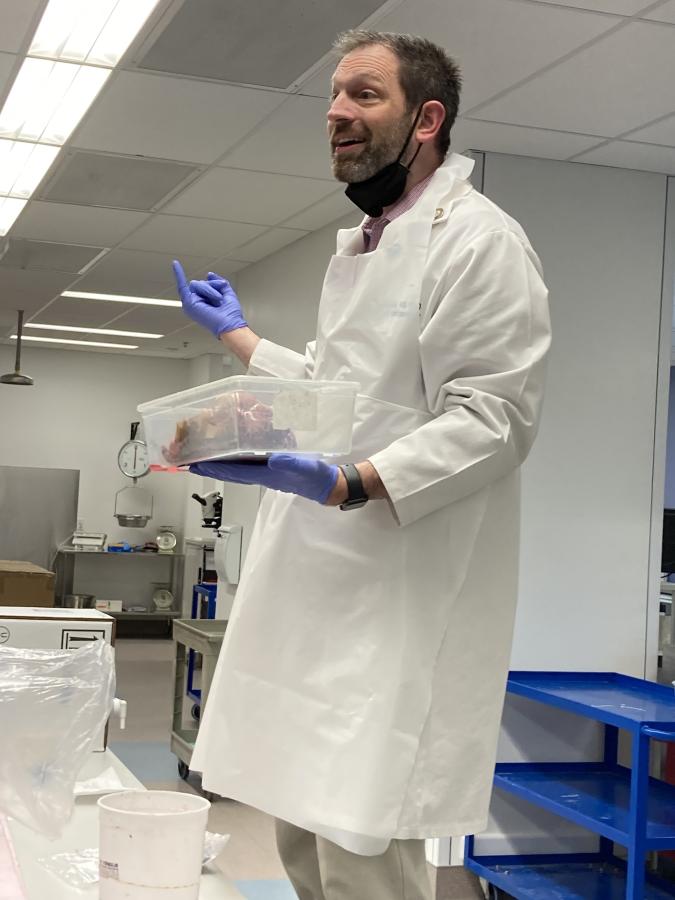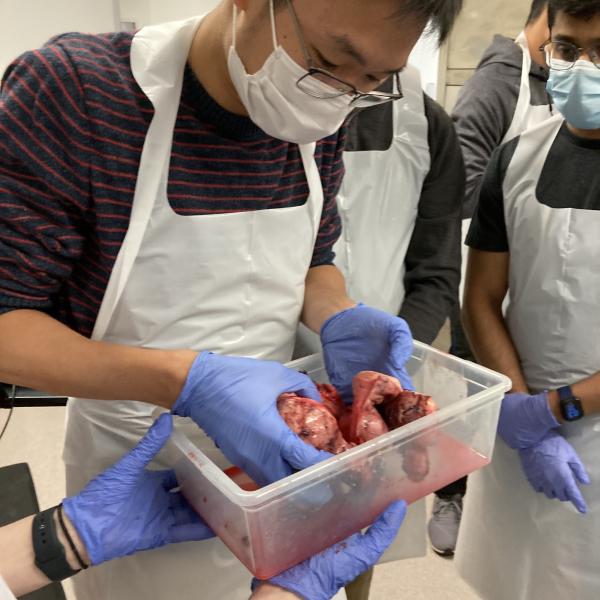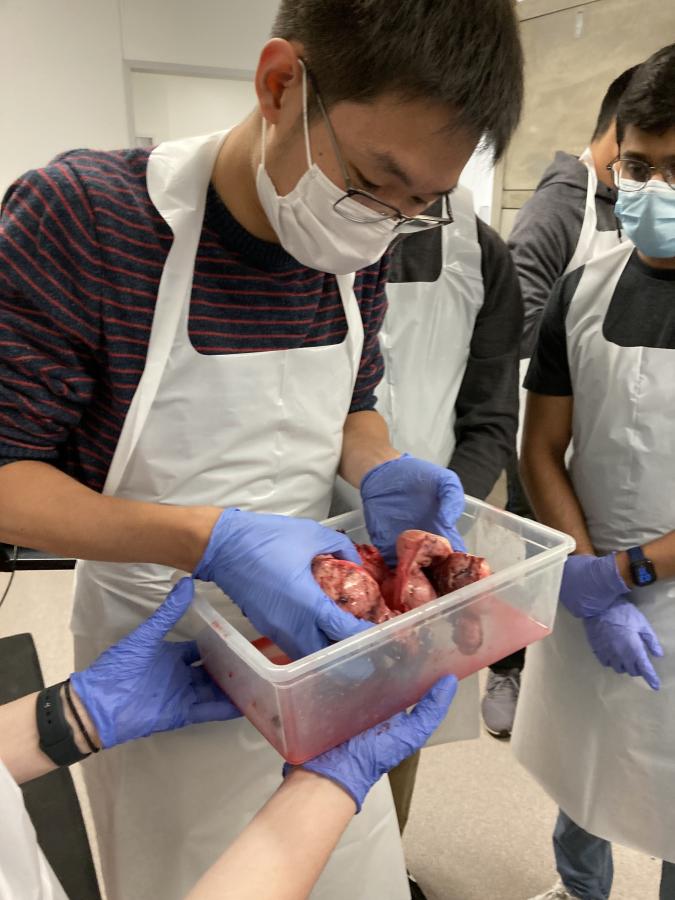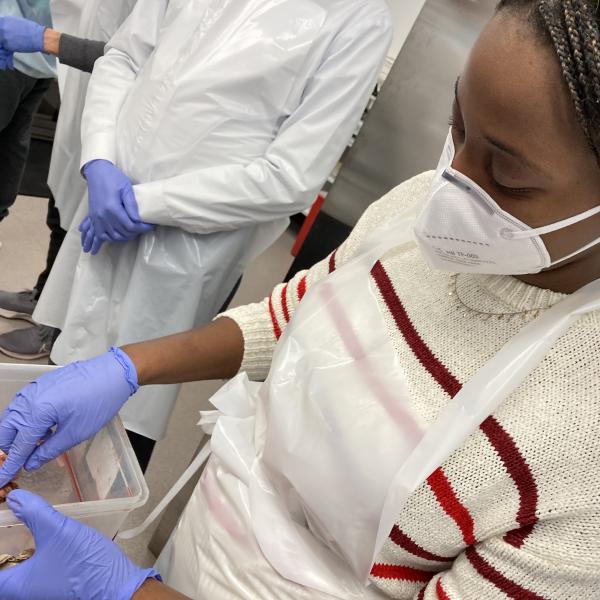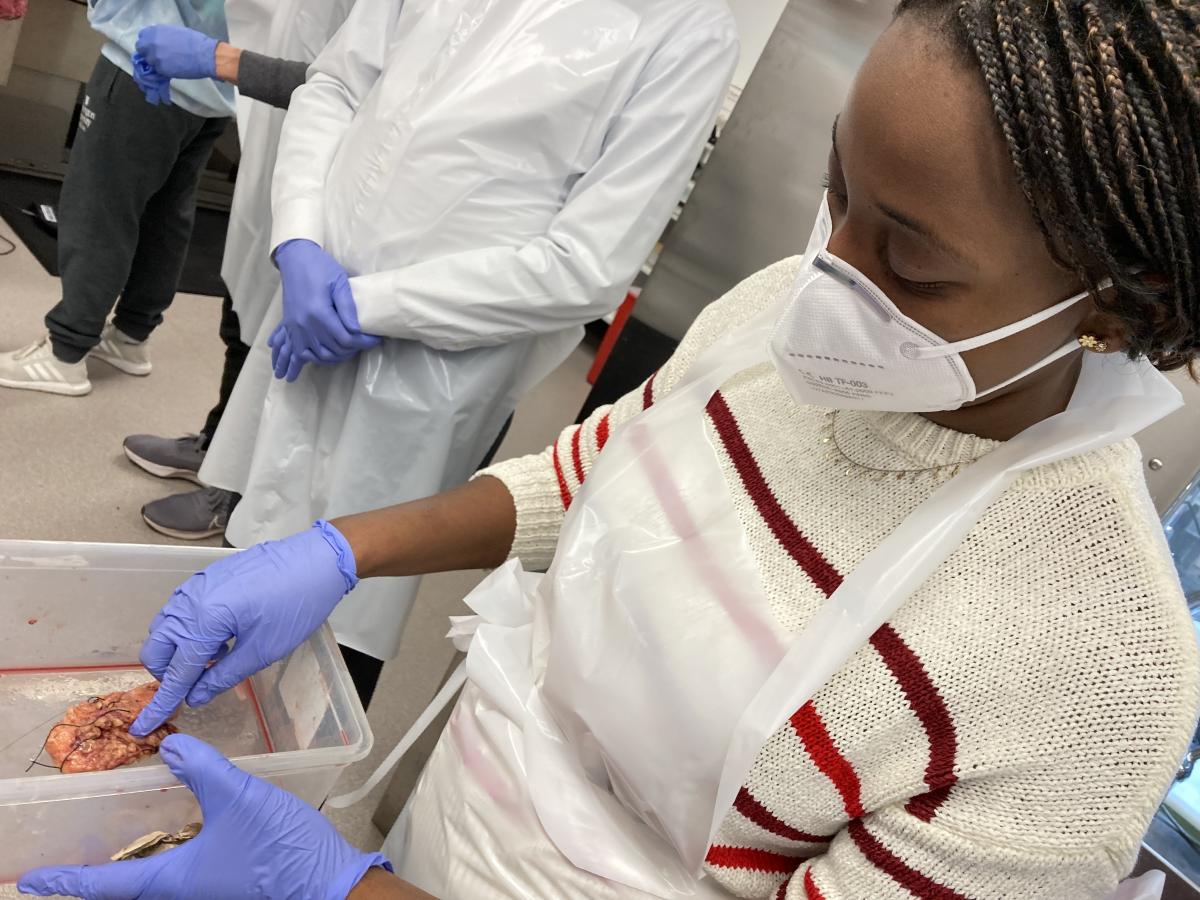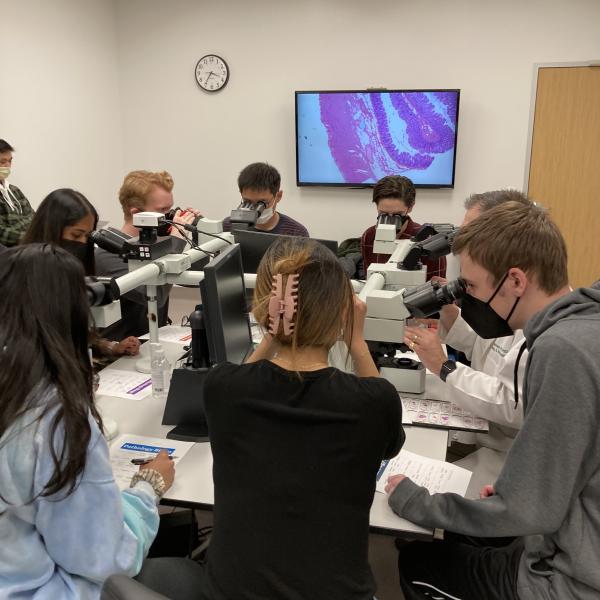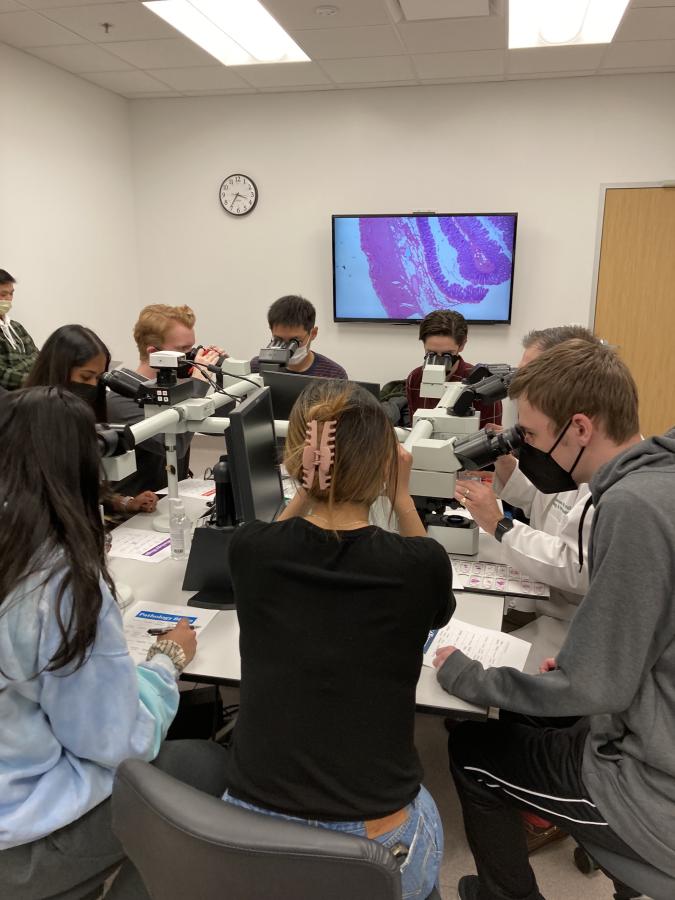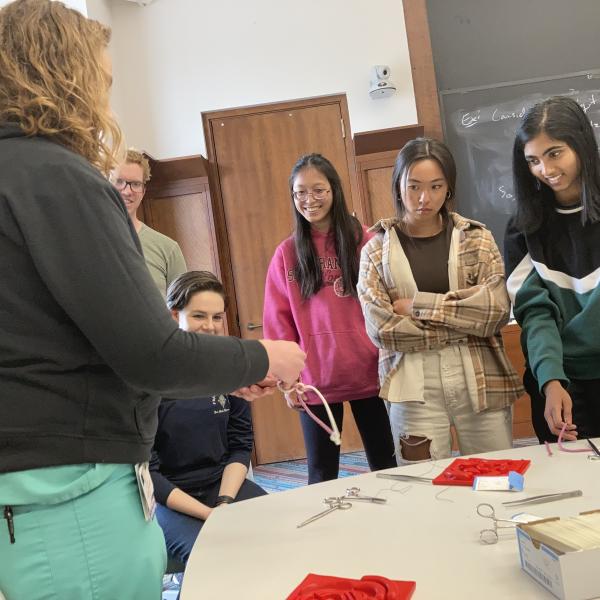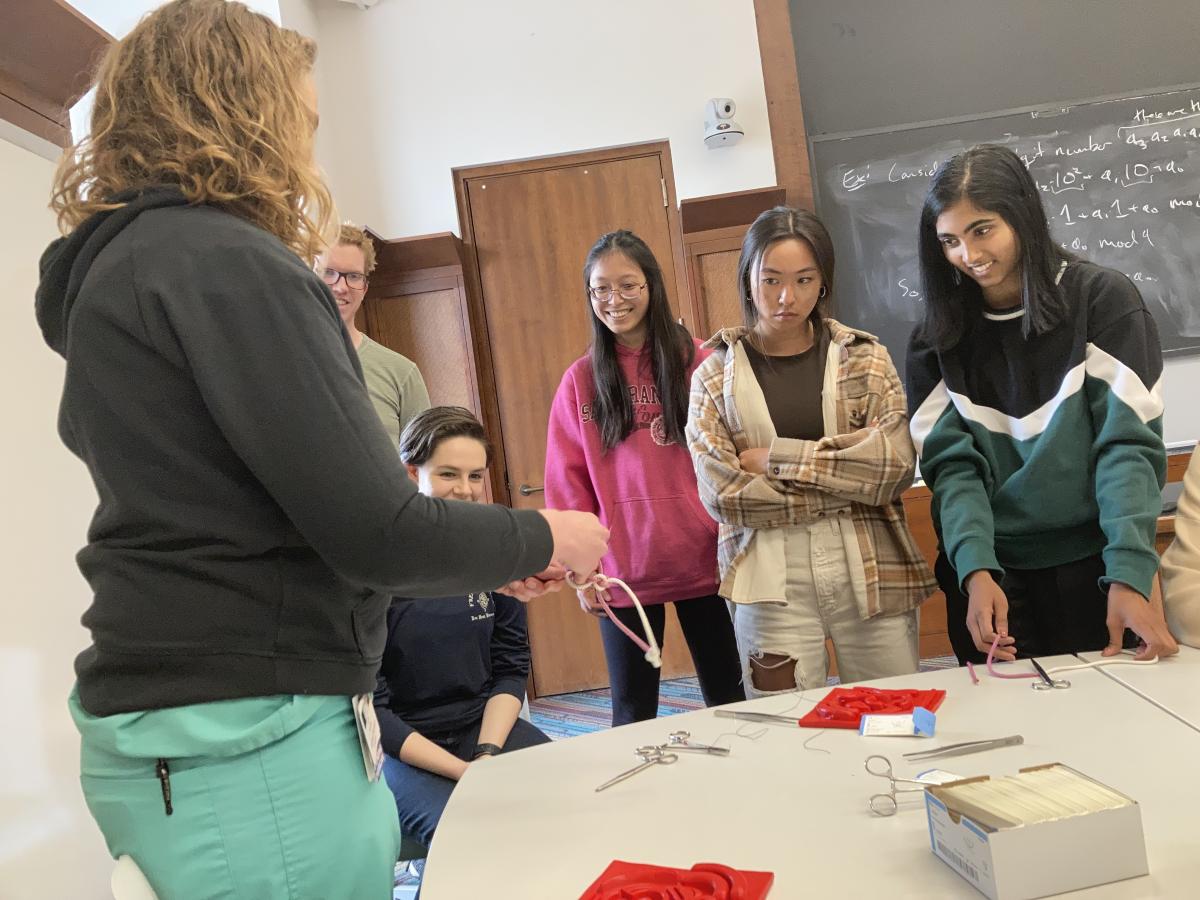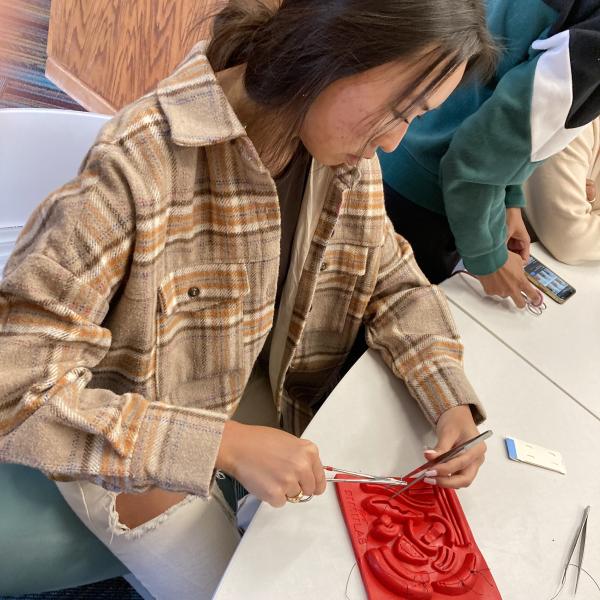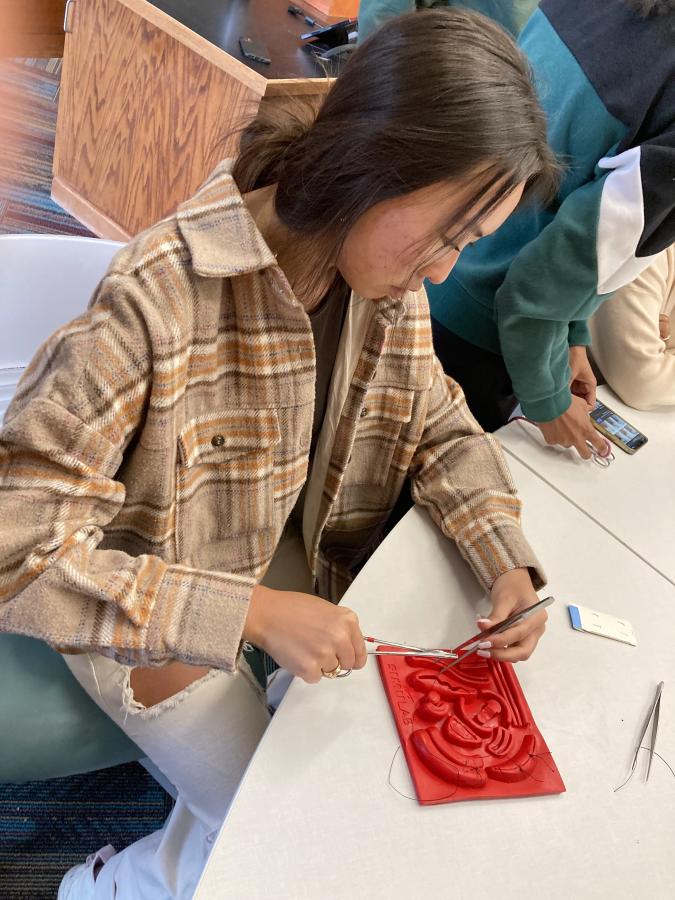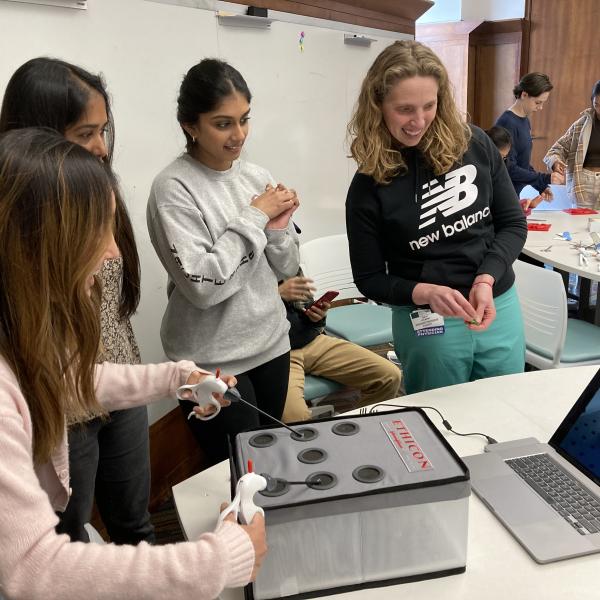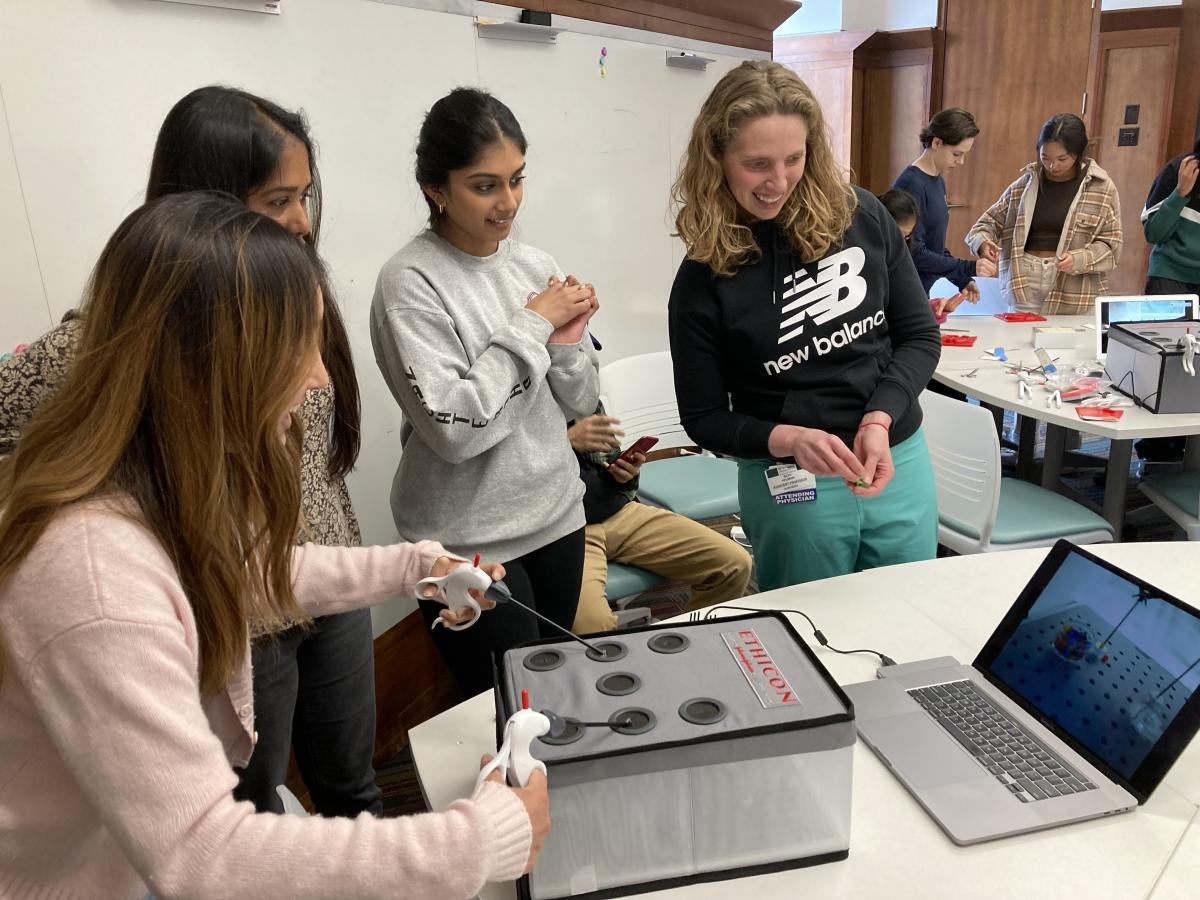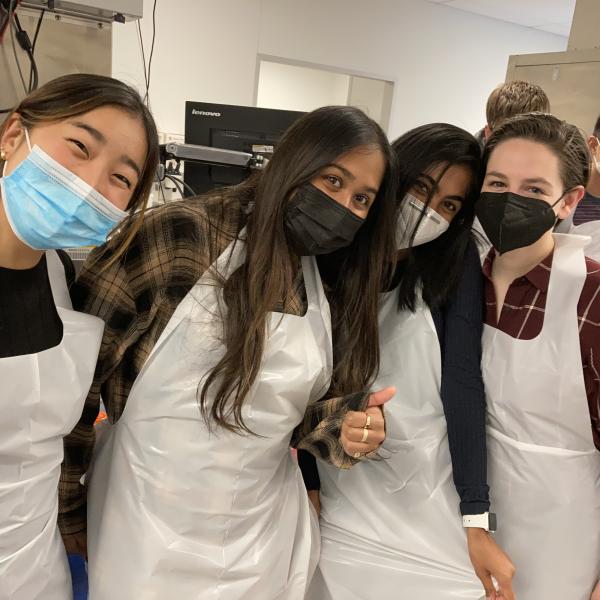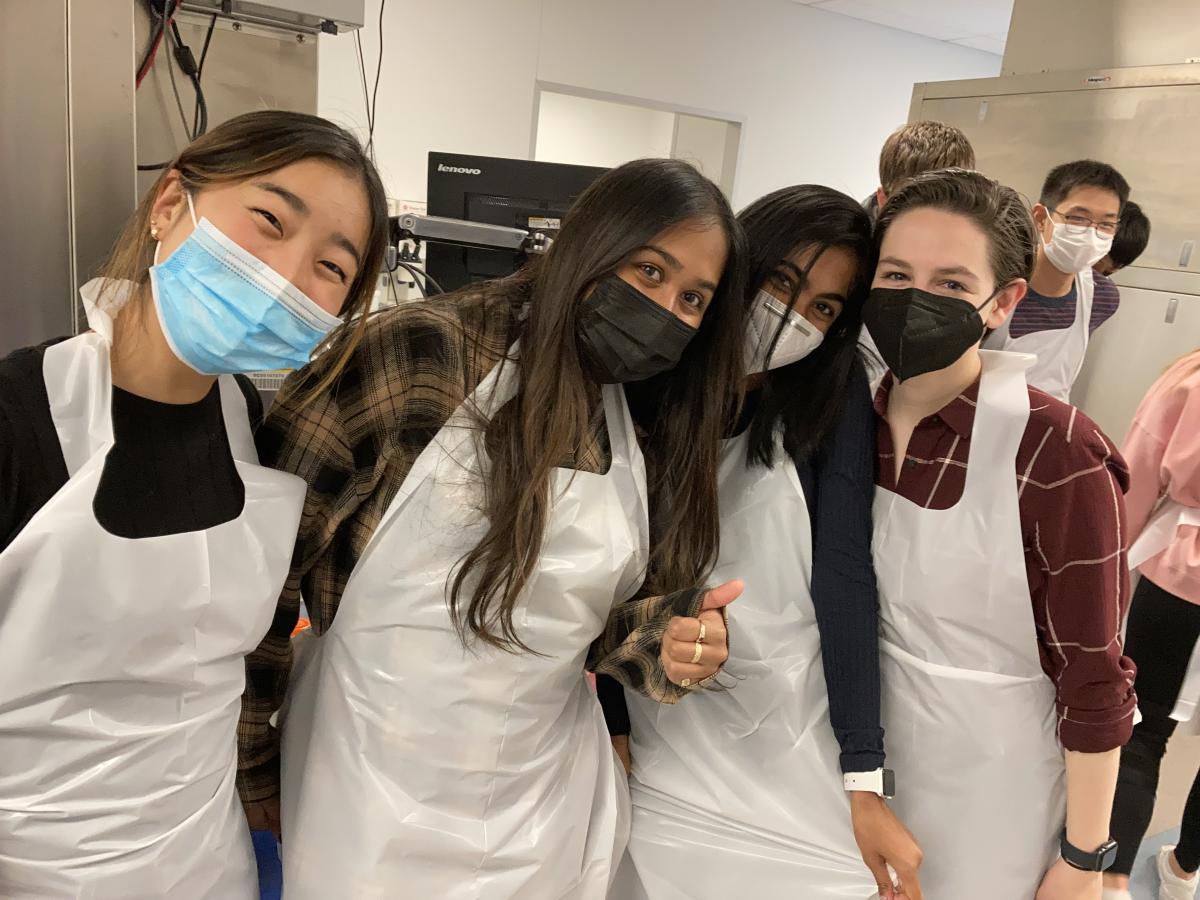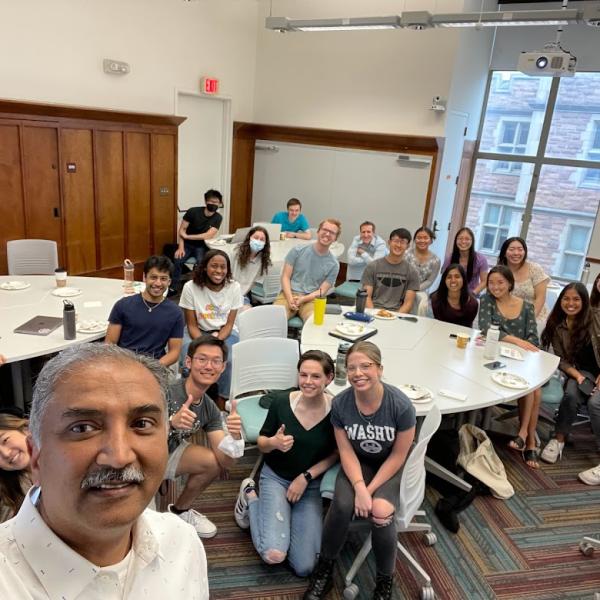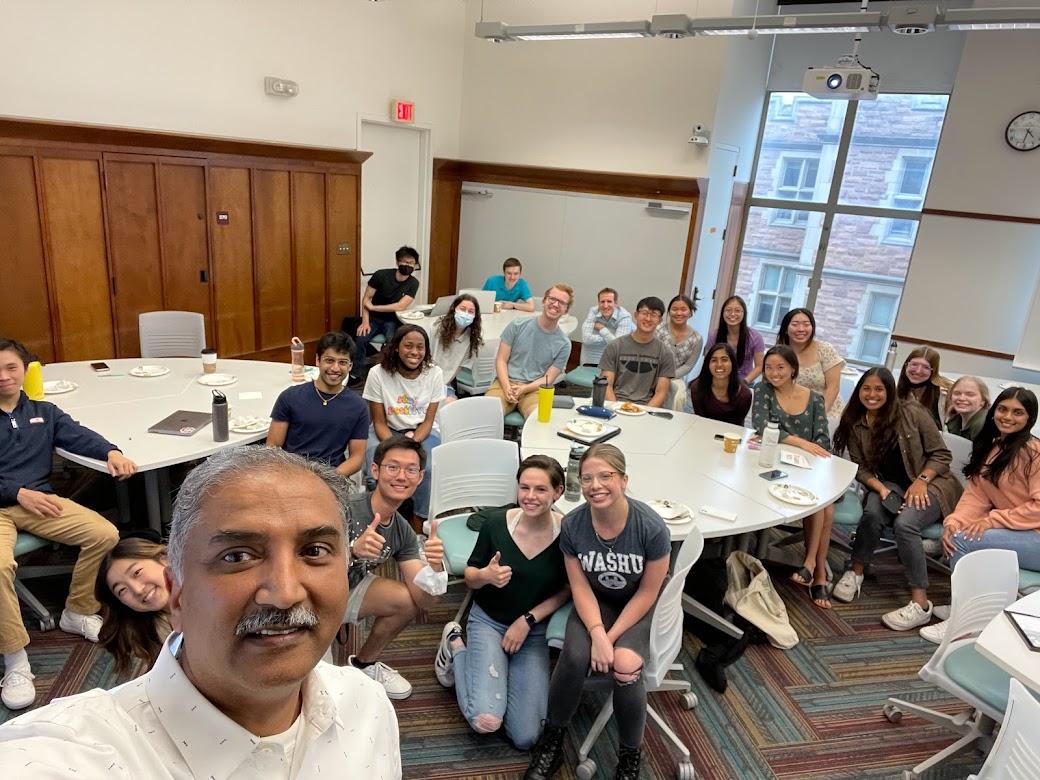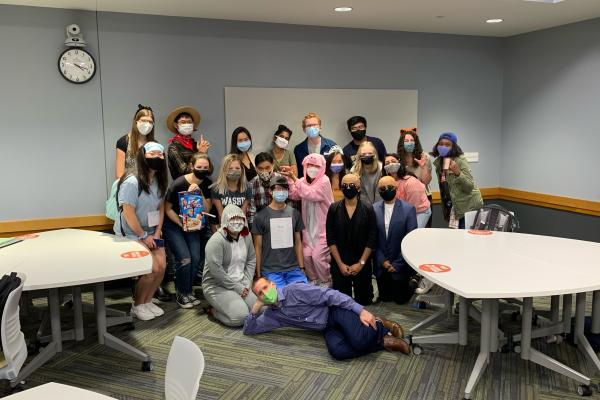Curriculum
Semesters 1 & 2 – The Biology of Cancer I & II
How does cancer happen? In this opening two-semester sequence, we will explore the underlying biological and genetic changes a normal cell undergoes in its transformation into a malignant tumor. We will also look at the intersection of medicine and cancer through diagnostics and therapies. At the conclusion of the first year, students will be well versed in the biology of cancer and its importance in the field of medicine.
Semester 3 – The Language of Cancer
How is cancer communicated? In this third semester course, we will explore the language of cancer by learning to read and interpret scientific literature while exploring progress in cancer research, from advancements in biomarkers and diagnostic technologies to novel therapeutic interventions and curative strategies. We will contrast this form of research communication with literary forms of personalized storytelling from those who have lived with cancer to gain key insight into the human condition. At the conclusion of this semester, students will be well versed in the research process and its scientific communication while enriching their perspective on the humanistic side of health and disease.
Semester 4 – The People of Cancer
Who treats cancer patients? In the final course, we will explore the various healthcare professions that work in the field of oncology and patient care. We will also will gain valuable firsthand experience through clinical rotations and working with cancer survivors through Siteman Cancer Center’s Survivorship program. At the conclusion of this semester, students will be well versed in the various healthcare professions and their support of cancer patients while furthering vocational discernment.
Requirements
Once admitted to the program, students must complete the following:
- Two semesters of Biology of Cancer seminars (1st year)
- One semester of literature research in oncology (2nd year)
- One semester of professional healthcare exploration (2nd year)
- Service-learning activity or community-engagement project
- Final capstone project and reflection paper (2nd year)
Instructors
The Hallmarks of Cancer & Patient Care is directed by
Anthony Smith, Lecturer in Biology and Biomedical Sciences and Coordinator of Undergraduate Research Experiences. Trained as a microbiologist and immunologist, Anthony shifted his interests/focus from infectious disease to cancer after a harrowing scare with one of his younger brothers (refractory Hodgkin’s lymphoma). He now aims to introduce WashU students to a fuller understanding of a disease that touches so many while helping them discern future directions in an expanding healthcare landscape.
Anthony is partnered and supported by friend and colleague,
Dinesh Thotala, Associate Professor of Radiation Oncology at University of Oklahoma College of Medicine. Dr. Thotala’s primary area of research involves immune suppression during radiotherapies and novel ways to mitigate this effect. He provides an important voice and expertise in translational aspects of cancer biology and therapies.
Jennifer Arch, Teaching Professor in English, will co-teach our third semester. There is a body of extraordinary writing—both literature and creative non-fiction—that has arisen from the experience of having cancer: the physical pain caused by both the disease and its treatment; the fears and uncertainties that arise from the confrontation with mortality that a diagnosis with cancer forces; and the stresses felt by physicians who are trying to do their best for their patients. Prof. Arch will lead discussions of a selection of these works, with a special focus on how language both conveys and creates experience.
An integral part of the teaching team is
Ms. Sarah Colby, coordinator of the Arts + Healthcare program at Barnes-Jewish Hospital. Ms. Colby is a trained artist who specializes in holistic patient care by fostering a culture that includes the arts as an integral aspect of the healing environment for patients, families and caregivers. Ms. Colby will take a leading role in year two of the program, guiding the cohort through transformative interactions with cancer patients and survivors.
The final, crucial piece to the teaching team is
Ms. Rochelle Hobson, hospice and oncology nurse who manages Siteman Cancer Center’s Survivorship Program. Ms. Hobson has over a decade of experience working in end-of-life care and managing multiple dimensions (physical, psychological, social, and spiritual) of cancer survivors. Ms. Hobson will co-lead our interactions and service project with cancer patients and survivors in the second year.

